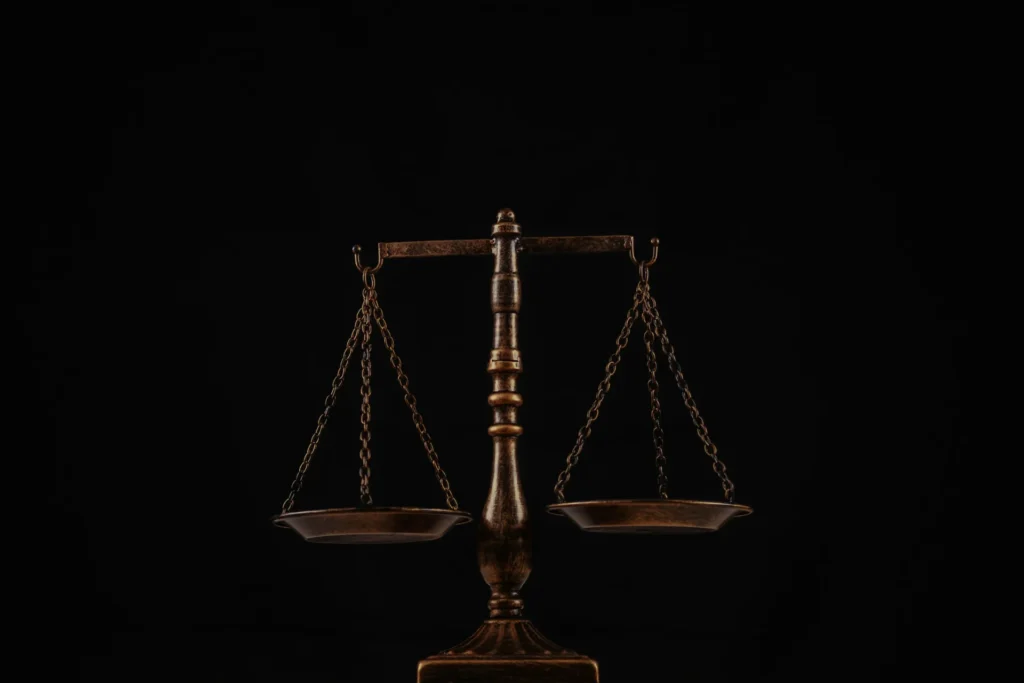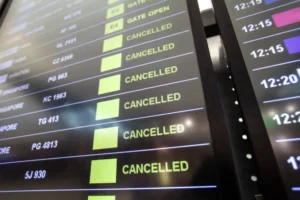Alaska lawmakers took a significant step Friday to overhaul how the state processes sexual assault evidence and supports victims in the aftermath. With a 39-0 vote, the Alaska House advanced House Bill 62, a proposal to speed up testing and add transparency.
The bill would create a system that allows survivors to track the status of their forensic kits privately. Representative Andrew Gray, D-Anchorage, explained the bill is about trust, accountability, and restoring power to victims. Currently, no firm legal deadlines require health providers or law enforcement to act quickly after collecting a sexual assault exam kit.
If enacted, the bill would require hospitals to notify police within 14 days of completing a kit, something not currently mandated. Police would then need to send the kit to a forensic lab within 14 days, a quicker turnaround than the current 30-day window.
Labs would have 120 days to complete testing, down from 6 months, speeding up justice for survivors across Alaska. Governor Mike Dunleavy introduced the legislation aiming to permanently fix gaps that allowed backlogs of untested kits to build up over years.
The bill also includes funding to maintain a kit tracking system that survivors can access without contacting law enforcement directly. David Kanaris of the state crime lab said giving survivors digital access to kit updates removes the burden of traumatic follow-up calls. The Department of Public Safety already runs a system funded by grants, but the bill would make that system permanent at $200,000 annually.
Gray said the bill reflects coordination between medical professionals, law enforcement, and survivor advocates, calling it “a team effort statewide.” With only days left in the session, the Senate is expected to take up the Alaska sexual assault kit bill in the next session.











